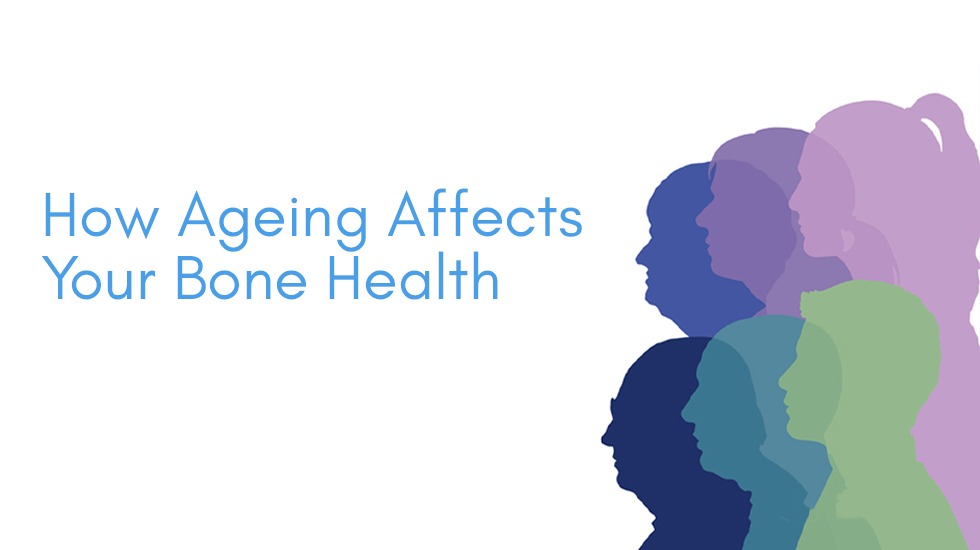Ageing is the changes a human body undergoes physiologically from adulthood to death. The physiological changes include depleting biological functions accompanied by behavioural changes as well. Ageing can take a toll on bone health as well. Like our body, bones and muscles also undergo a remodelling process.
In this blog, we have discussed the effects of ageing on your bone health. Some of the changes are subtle and obvious.
Your ageing bones and joints
Bones go through a lifelong process of development called remodelling. The mature bone tissue is replaced with new bone tissue. The process helps maintain a balance between bone formation and resorption, giving way to skeletal integrity.
With growing age, the skeletal balance changes and results in loss of bone tissue. The mineral content in your ageing bones reduces and becomes susceptible to osteoporosis. It is an orthopedic condition where the bones become more fragile, less dense, and prone to fractures.
As you age, the rate of bone resorption by the osteoclast cells exceeds the bone formation rate, thus making the bones weak. The weakening of bones happens because of:
- Hormonal changes
- Inactive lifestyle
- Loss of calcium and other minerals
Like bones, your joints age too, and you face restricted joint movement and decreased flexibility due to changes in tendons and ligaments. By the process of cartilage breaking down, the joints become arthritic and inflamed.
Effects of ageing on bones
Old age brings with it certain orthopedic issues, such as:
- Osteoporosis: reduced bone mass making them brittle and fragile
- Osteoarthritis: breaking down of cartilage that results in joint pain and stiffness
- Osteomalacia: bones turn soft due to metabolism issues of Vitamin D
- Rheumatoid arthritis: Unbearable joint pain due to inflammation
- Reduced bone density of the vertebrae
- Loss of fluid in the intervertebral discs leading to shortened and curved trunk
- Reduced mobility
- Poor body posture
- High risk of injury due to overall instability
Effects on ageing on muscles
As you old, the muscles lose size and strength. The symptoms of your muscles are ageing include weakness, fatigue and reduced tolerance to physical activities. Several factors are responsible for these changes, such as:
- Muscle fibres shrink in size and reduce in number.
- Muscle tissues are replaced more slowly and the ones lost are replaced with fibrous, tough tissue.
- Reduced muscle tone and contraction ability due to changes in the nervous system.
Prevention
The best way to keep your bones healthy as you age is to exercise regularly. Working out or physical activities like walking, running, etc. allow the preservation of bone density. However, you must avoid high-impact exercises and the ones increasing the risk of falling.
Some of the recommended exercises include:
- Strengthening exercises using elastic bands, free weights, etc.
- Weight-bearing exercises
- Walking
- Balance exercises
Along with workouts, you should also ensure taking a healthy diet with a sufficient amount of Calcium and Vitamin D. Vitamins and minerals in the diet promote bone mass preservation.
In addition to a healthy diet, you must also limit alcohol, coffee, and tobacco consumption to prevent loss of bone mineral density.

